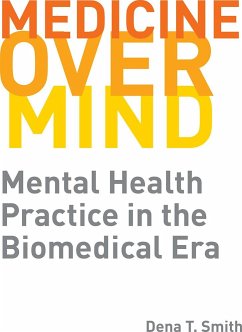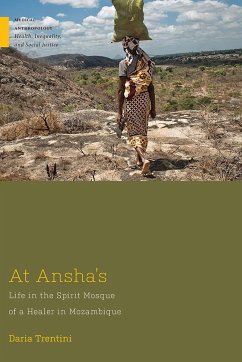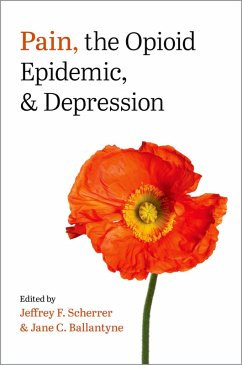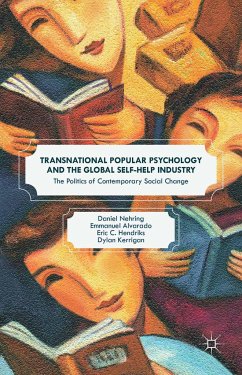
The Social Science of the Covid-19 Pandemic
A Call to Action for Researchers
Herausgeber: Miller, Monica K
Versandkostenfrei!
Versandfertig in über 4 Wochen
122,99 €
inkl. MwSt.
Weitere Ausgaben:

PAYBACK Punkte
61 °P sammeln!
The Social Science of the COVID-19 Pandemic: A Call to Action for Researchers draws on theories derived from the social sciences to address the multitude of questions raised by the COVID-19 pandemic and to inspire a future generation of researchers. The book is designed to help promote recovery from the pandemic, to minimize the negative effects of similar events in the future, and to inform social science research going forward.













